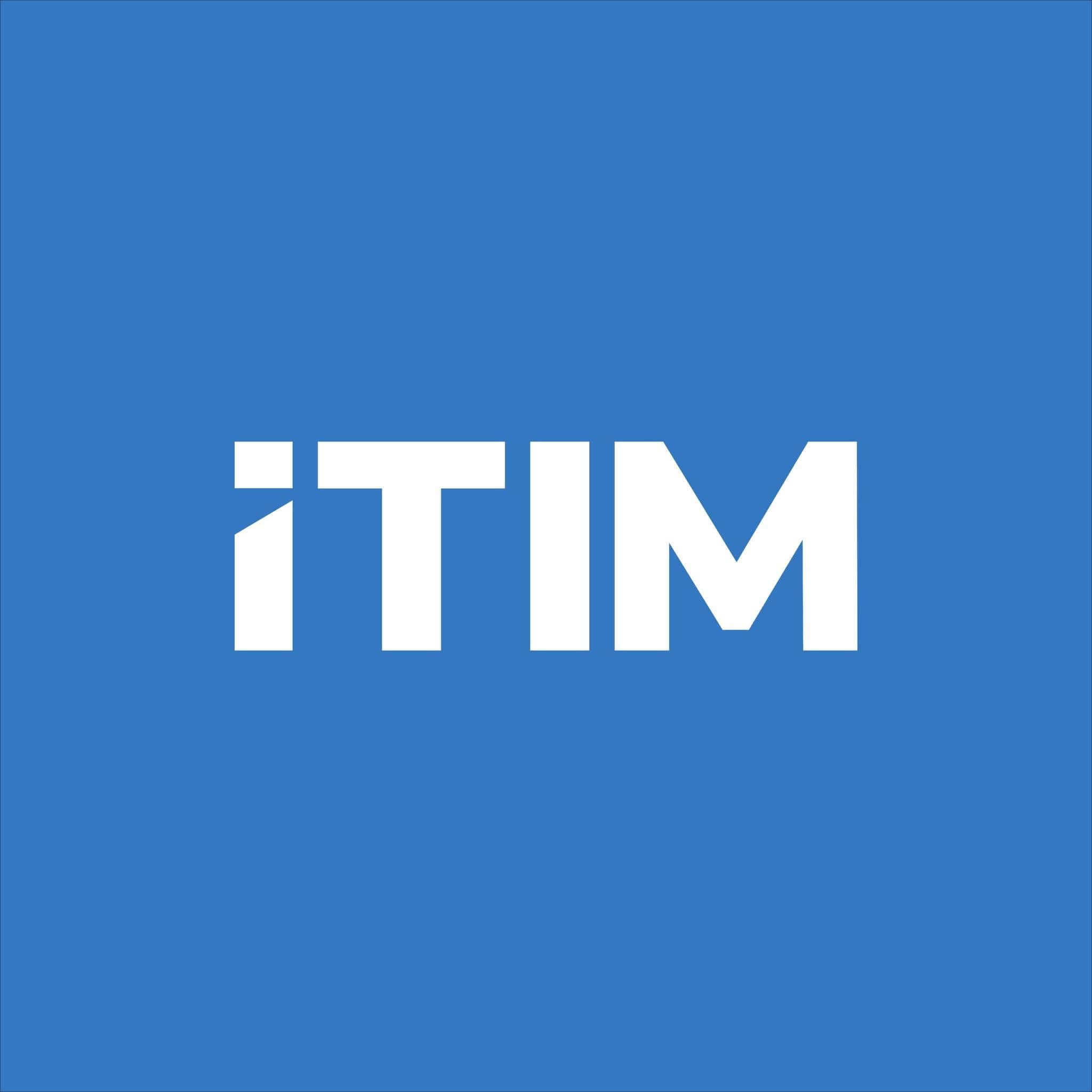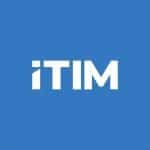การจัดการวิกฤติ หมายถึง กลยุทธ์และกระบวนการที่องค์กรนำมาใช้เพื่อเตรียมพร้อม, ตอบสนอง, และฟื้นตัวจากเหตุการณ์ที่ไม่คาดคิดและมีผลกระทบ ในอุตสาหกรรมการบริการ การจัดการวิกฤติที่มีประสิทธิภาพเป็นสิ่งสำคัญ เนื่องจากไม่เพียงแต่ช่วยปกป้องความปลอดภัยและความเป็นอยู่ของแขกและพนักงาน แต่ยังรักษาชื่อเสียงและความมั่นคงทางการเงินขององค์กรด้วย
ตัวอย่างเช่น ในช่วงการระบาดของ COVID-19 โรงแรมและร้านอาหารหลายแห่งต้องเผชิญกับความท้าทายที่ไม่เคยเกิดขึ้นมาก่อน ที่พักต้องปรับตัวอย่างรวดเร็วเพื่อปฏิบัติตามข้อบังคับด้านสุขภาพใหม่ๆ, นำโปรโตคอลการทำความสะอาดที่เข้มงวดมาใช้ และสื่อสารอย่างโปร่งใสกับแขกเกี่ยวกับมาตรการด้านความปลอดภัย องค์กรที่มีแผนการจัดการวิกฤติที่แข็งแกร่งสามารถเผชิญกับความท้าทายเหล่านี้ได้อย่างมีประสิทธิภาพ และรักษาความไว้วางใจจากแขกและความต่อเนื่องในการดำเนินงานได้
Crisis management refers to the strategies and processes that organizations implement to prepare for,
respond to, and recover from unexpected and disruptive events. In the hospitality industry, effective crisis
management is vital, as it not only protects the safety and well-being of guests and staff but also
preserves the organization’s reputation and financial stability.
For instance, during the COVID-19 pandemic, many hotels and restaurants faced unprecedented
challenges. Properties had to quickly adapt to new health regulations, implement enhanced cleaning
protocols, and communicate transparently with guests about safety measures. Organizations that had
robust crisis management plans in place were able to navigate these challenges more effectively,
maintaining guest trust and operational continuity.
ระยะเวลาคอร์ส (Course Duration): 1 Hr.
คอร์สนี้เหมาะสำหรับ (This course is suitable for):
Students of ITIM School
















